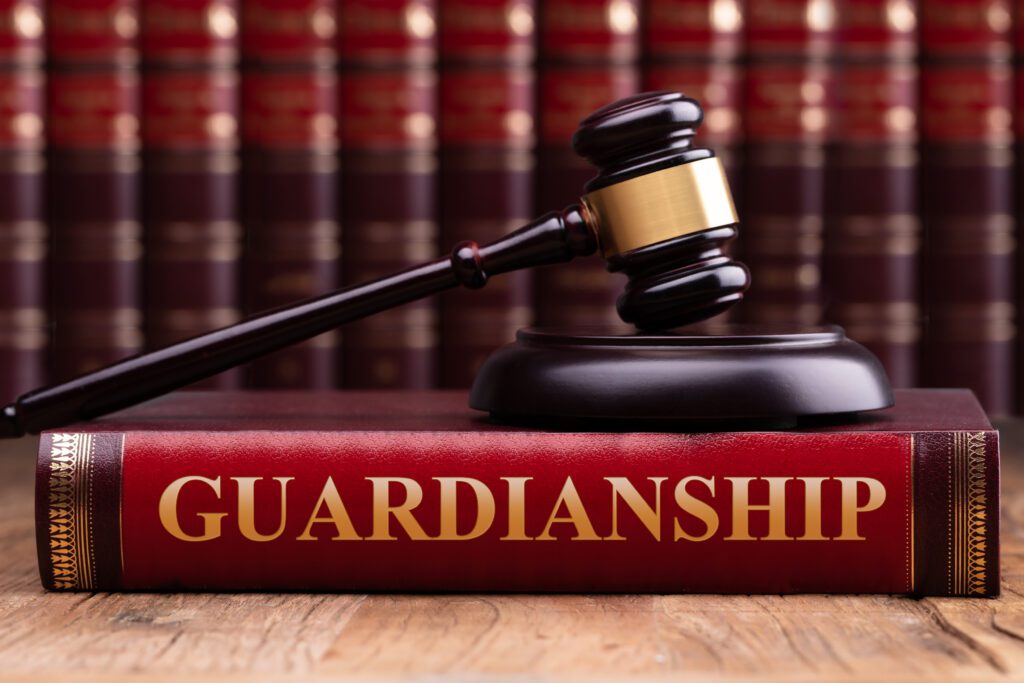Guardianship & Conservatorships
By Matthew S. Raphan, Esq.

Guardianships have been a trending topic in the news lately. Pop singer Britney Spears is the latest high-profile example, but many other people across the country are subjected to guardianship proceedings. So, how does this happen?
Guardianships (sometimes referred to as conservatorships) are established to protect people who are unable to manage their financial or health-related affairs. Guardians are appointed by a court to make decisions for individuals with a mental incapacity (such as Alzheimer’s disease) that prevents them from handling their own basic needs. Without the oversight of a guardian, these individuals are often in danger of suffering physical or financial harm. Important to note, people who become subjected to guardianship proceedings typically have not planned for their own incapacity. This means they have not legally authorized anyone to act on their behalf, and a guardianship is necessary to fill that void.
Guardianships, like many court proceedings, can be lengthy and intrusive. Indeed, these proceedings sometimes result in a court deciding to take away someone’s legal ability to make their own decisions, and appointing a third party to act on their behalf—potentially someone they do not want, like, or even know. Furthermore, the guardianship process can be extremely expensive, both for yourself and your loved ones. Fortunately, there’s an alternative.
The law allows us to plan for our own incapacity, which can be an extremely powerful tool. There are two primary methods of incapacity planning: a durable power of attorney and a health care proxy. Conceptually, these documents are similar in that they both appoint someone to act on our behalf if we lose capacity. The power of attorney allows us to select someone to manage our financial affairs, while a health care proxy spells out who should make medical decisions for us if we cannot make them ourselves. Laws with respect to these documents vary by state, so be sure to speak with counsel in your location for further details.
Guardianship comes into play when an incapacitated person does not have these safeguards in place. A guardianship proceeding can generally be commenced by any person or entity who has an interest in the subject person’s well-being, typically a care facility (i.e., hospital or nursing home), family member, or friend. These proceedings can take months, or sometimes years, to conclude.
Each state has its own laws with respect to guardianships. During the proceeding, the court may appoint an attorney for the person alleged to be incapacitated, as well as an investigator (sometimes known as a court evaluator) to examine the matter. The court evaluator may interview your doctors, social worker, family, and friends, and review your financial materials, your home, and personal effects. Once the investigation concludes, the court evaluator typically issues a written report and makes a recommendation to the court.
Ultimately, the court conducts a hearing with testimony before the judge, who will then determine if the subject of the proceeding is incapacitated. The judge may select and appoint a guardian to manage the individual’s financial and medical affairs, who is then empowered to make decisions about how they live. The guardian may be a family member or friend but could also be a third party who you do not know and have no relationship with.
Once a guardian is appointed, they have discretion on matters over which the judge has given them authority. These could include your health care, place of abode, finances, diet, travel, and social activities. In most states, guardians are actually paid by the person who is deemed to be incapacitated.
None of this is to say the guardianship process is inherently bad; rather, it is a necessary safeguard for those who have not planned for their incapacity. For instance, if someone loses the ability to handle their financial affairs and is perhaps facing eviction, it may be vital for a court to assist if there is nobody else legally capable of helping.
However, what a guardianship often lacks is guidance and input from the person it impacts the most. Taking care of you or your loved one’s affairs in advance by engaging in proper incapacity planning can save enormous heartache, headache, and financial expense.
Matthew S. Raphan, Esq., is a Partner at the New Yorkbased Raphan Law Partners, LLC, whose practice areas include guardianships, elder law, estate planning and administration, wills, trusts, and Alzheimer’s planning. He is admitted to practice law in New York and New Jersey


